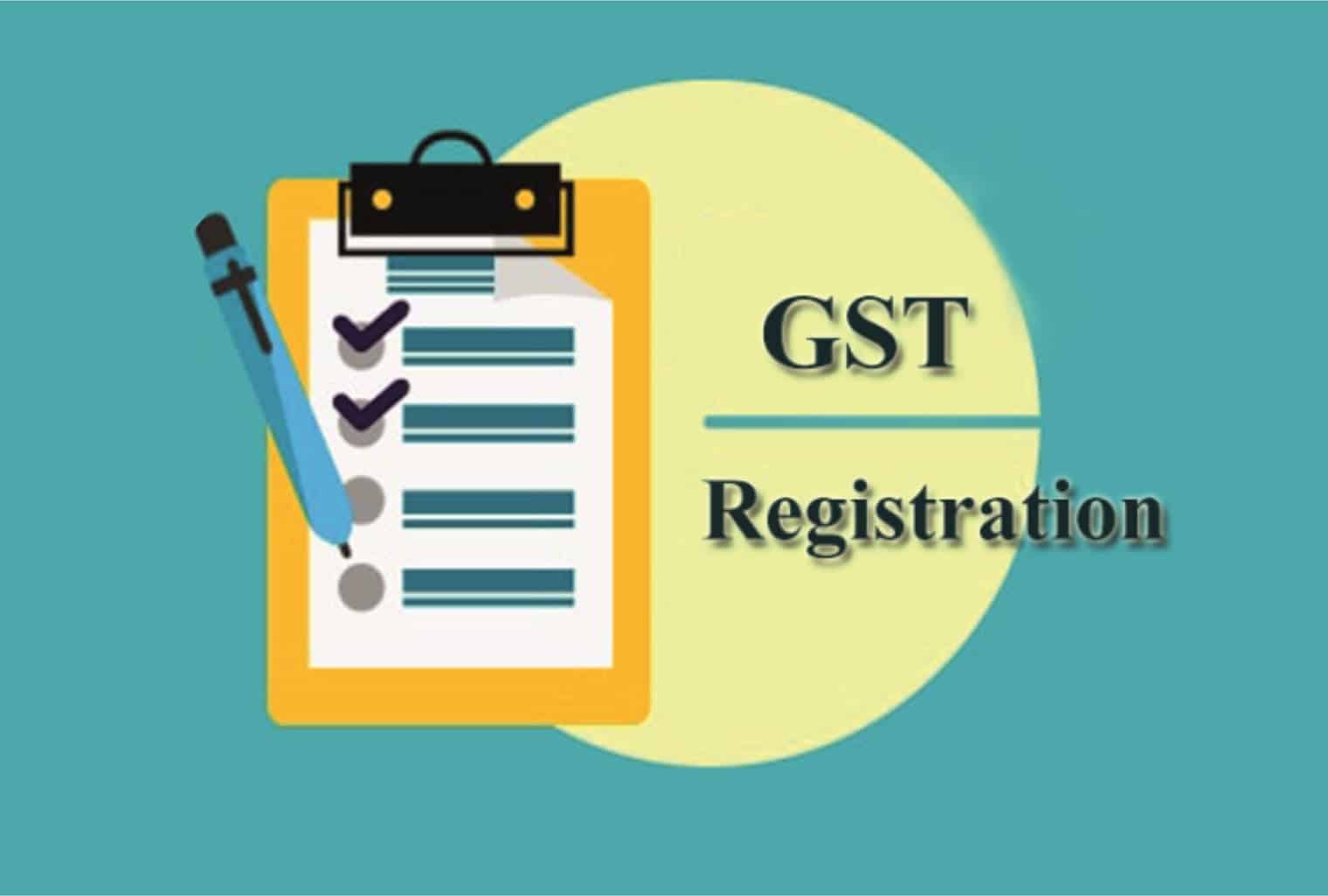CFO Account & Services: Your Relied On Companion for Hassle-Free GST Registration in Singapore
CFO Account & Services: Your Relied On Companion for Hassle-Free GST Registration in Singapore
Blog Article
Navigating the Intricacies of GST Enrollment: A Comprehensive Guide for Organization Owners
Navigating the intricacies of GST registration can be an overwhelming task for numerous company owner, as it involves a myriad of rules, regulations, and processes that have to be followed. With the ever-evolving landscape of tax laws, making sure compliance and understanding the ins and outs of GST registration is crucial for the seamless procedure of any kind of organization. From identifying eligibility and gathering the necessary documents to optimizing operations for maximum efficiency, this comprehensive overview aims to offer local business owner with the expertise and devices required to browse the intricacies of GST registration successfully.
Eligibility for GST Registration
Entrepreneur need to satisfy specific standards to determine their eligibility for GST enrollment. As a whole, services with an annual turnover exceeding a specific limit are called for to sign up for Product and Solutions Tax (GST) This threshold differs by nation, yet it is vital for business owners to remain educated concerning the specific laws in their jurisdiction. Furthermore, services included in interstate materials, e-commerce, or the provision of certain defined items and services may additionally be mandated to sign up for GST, despite their turn over.
Additionally, companies that are registered under any previous tax obligation regimen, such as Barrel or solution tax, are usually called for to transition to GST enrollment. By sticking to the required standards, businesses can smoothly navigate the complexities of GST enrollment and run legally within the tax obligation structure.
Files Needed for Registration
To complete the GST registration process, businesses need to gather and submit an extensive collection of documents. The crucial files needed for GST registration commonly include proof of business enrollment or incorporation such as the Certification of Consolidation, partnership deed, or any other registration certification.
In addition, certain files connected to the nature of business, such as a list of services or items provided, HSN codes for products, and cavity codes for solutions, may be called for - Why choose CFO Account & Services for GST registration in Singapore. It is vital for companies to make sure that all documents sent are precise, current, and in the recommended layout to stay clear of any type of delays or problems in the GST enrollment process
Process of GST Enrollment
Having constructed the requisite documentation, companies proceed to launch the GST registration procedure by engaging with the on the internet website marked for registration. This on-line portal is the Product and Services Tax Obligation Network (GSTN) portal, which acts as the key system for all GST-related tasks in India. Upon accessing the portal, businesses are required to fill up out the GST registration type with accurate information regarding their company activities, turn over, and other appropriate information.
Once the form is finished and submitted on the site, the GSTN confirms the details supplied by the service. Complying with effective confirmation, a GST enrollment certification is released to the business entity.
It is essential for businesses to ensure that the info given during the GST registration procedure is precise and approximately date to avoid any kind of prospective problems or hold-ups in acquiring the GST registration certification.
Understanding GST Compliance

Organizations need to be familiar with the numerous GST compliance requirements based on their turnover, nature of products or solutions, and the states in which they run. It is vital to remain upgraded on any type of modifications in GST regulations and policies to stop any type of non-compliance concerns.
Non-compliance with GST regulations can lead to hefty penalties, charges, and also legal consequences. Therefore, businesses must spend time and sources in enlightening themselves and their staff on GST conformity. Seeking specialist assistance from tax consultants or experts can additionally aid in browsing the complexities of GST compliance and visit this web-site ensuring that organizations run within the legal framework.

Tips for Optimizing Business Procedures
For enhanced effectiveness and performance in company procedures, calculated planning and structured procedures are necessary components. One suggestion for maximizing service procedures is to take advantage of technology properly.
Another essential element is focusing on tasks based upon their significance and due dates. By creating a clear pecking order of jobs and setting practical timelines, companies can make sure that critical tasks are finished in a timely manner. Fostering a culture of open communication and partnership among group participants can lead to enhanced effectiveness and advancement.

Conclusion
In conclusion, navigating the complexities of GST registration needs a clear understanding of qualification criteria, necessary papers, enrollment processes, and compliance demands. By sticking to these standards and enhancing service operations, company owner can ensure smooth procedures and conformity with the GST laws. It is important for businesses to stay informed and updated on GST policies to stay clear of any kind of charges or legal problems.
The essential documents required for GST registration normally include evidence of company registration or incorporation such as the Certification of Incorporation, partnership action, or any other enrollment certification.Having actually assembled the requisite documents, businesses proceed to initiate the GST enrollment process by involving with the on-line portal marked for enrollment. Upon accessing the site, businesses are needed to fill up out the GST enrollment form with accurate information concerning their organization activities, turn over, and various other relevant details.
In order to maintain adherence to GST policies and try this website prevent fines, businesses should focus on recognizing GST conformity. By adhering to these guidelines a fantastic read and enhancing service operations, organization proprietors can make certain smooth operations and conformity with the GST policies.
Report this page